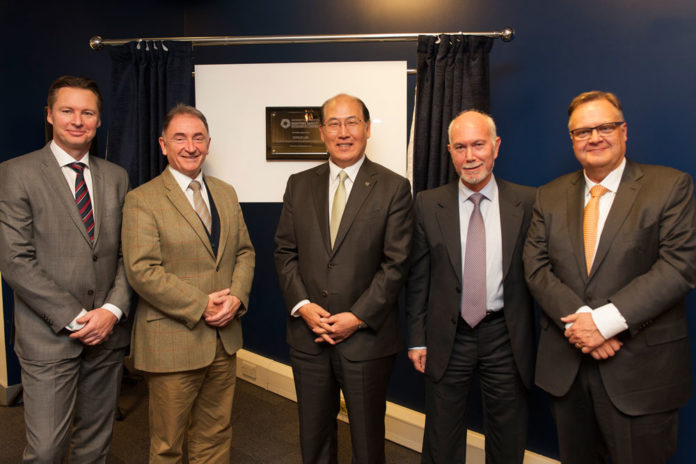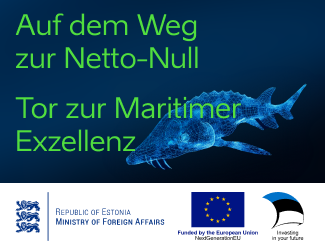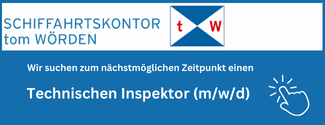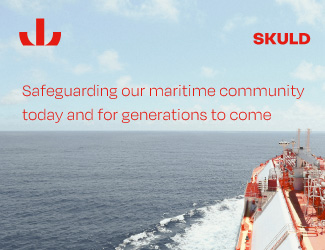
To improve safety at sea, Norwegian-German classification society DNV GL, cruise company Royal Caribbean Cruise Line and the University of Strathclyde collaborate by launching a new research centre.
The MSRC (Maritime Safety Research Centre) is an industry-university partnership,[ds_preview] involving Strathclyde‘s Department of Naval Architecture, Ocean & Marine Engineering, Royal Caribbean Cruises Ltd (RCCL), and DNV GL. »The world’s first centre of its kind, the MSRC will aim to improve safety at sea through a close collaboration between industry and academia, that targets interdisciplinary, common-threaded research and development«, the partner announced.
For their initiative, DNV GL, RCCL and the university have a prominent advocate. IMOs Secretary Kitak Lim opened the MSRC this week and had a deeper look at how it could play a role in the shift of maritime safety from empirical to risk-informed legislation and goal-based standards. He was joined at the ceremony by Harri Kulovaara, Executive Vice President Maritime & Newbuilding, RCCL, Lanfranco Benedetti, EC DG Mobility & Transport, Maritime Safety, Professor Sir Jim McDonald, Principal and Vice-Chancellor, University of Strathclyde, and Knut Ørbeck-Nilssen, CEO of DNV GL – Maritime.
»An even more important role to play«
»The world of shipping is undergoing a major transformation. Moving forward, our industry will still be at the heart of global trade, bringing people together and keeping the world’s economy growing. But the industry itself, the vessels, the infrastructure, and the systems that connect them are likely to change substantially – as will regulatory and societal pressure with regards to maritime safety,« said Knut Ørbeck-Nilssen at the launching ceremony. In this setting, classification societies would have an ever more important role to play.
According to the statement, the goal of the MSRC is to contribute to safer waterborne operations through the development and implementation of a life-cycle risk management approach, accounting rationally and formally for all cost-effective measures of risk reduction, both active and passive. The efforts are directed at cost-effective safety improvements for new and existing ships and offshore units. »It will also promote safety culture and continuous development of the regulatory framework. Research areas will include: safety and security of complex systems onboard ships, dynamic barrier management, ship stability, intact and damage stability of cruise ships, safety culture, fire protection and prevention, and blackout prevention«, it was added.
The Director of the MSRC and Professor of Maritime Safety, Dracos Vassalos, said, »The time is ripe for adopting a new model by reconstituting a centre of excellence for maritime safety. In this new centre, the vision, and long- and short-term goals are set, shared and served through close collaboration between industry and academia to target a truly interdisciplinary, common-threaded R&D. Our research activities are strategically focused, ensuring that academic excellence is combined with strong industrial engagement.«
















